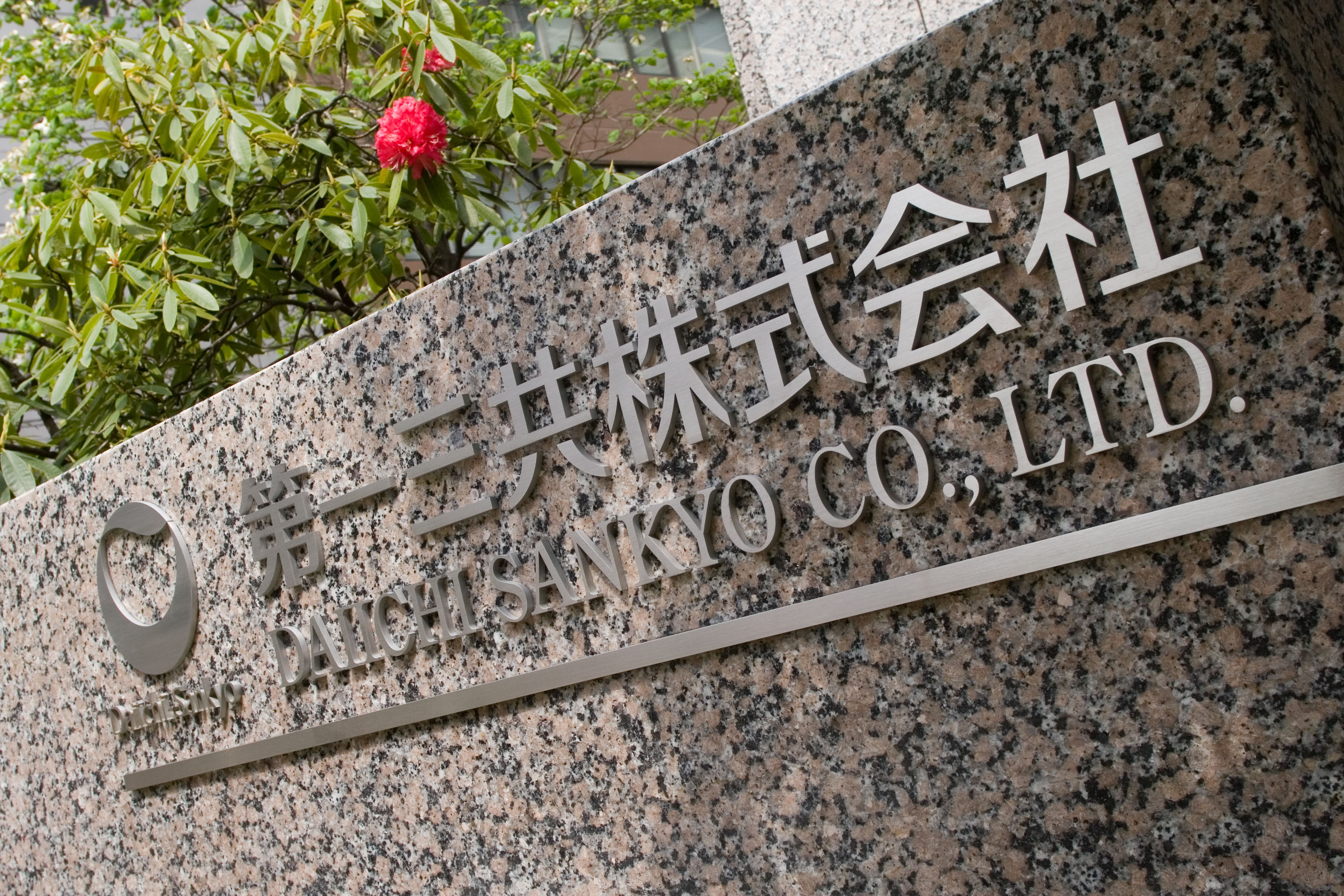Could Daiichi Sankyo have another ADC winner in cancer?

Daiichi Sankyo’s antibody-drug conjugate (ADC) platform has already delivered one drug to the market with blockbuster sales forecasts, with a second due to be filed shortly. Now, a third is showing promise in clinical testing.
This morning, the Japanese drugmaker reported updated clinical results from two clinical trials of its HER3-targeted ADC patritumab deruxtecan in metastatic breast cancer and non-small cell lung cancer (NSCLC) at the Japanese Society of Medical Oncology annual meeting, which it says show “encouraging clinical efficacy.”
First up are updated results from a phase 1 trial of patritumab deruxtecan in EGFR-mutated locally advanced or metastatic NSCLC, with the ADC achieving an objective response rate of 40% in a subset of heavily pre-treated patients with few options remaining.
That included one complete response and 40 partial responses, with the disease stabilising in another 39 subjects, giving a disease control rate of just over 78%.
That’s a remarkable result, given that the patient's cancer was progressing despite prior treatment with a third-generation EGFR inhibitor like AstraZeneca’s Tagrisso (osimertinib) and platinum-based chemotherapy, and they had an extremely poor prognosis.
After EGFR therapy fails, platinum-based chemo has limited efficacy, generally preventing disease progression or death for between four and six months, and any salvage therapy tried after that will typically work for only three months or so. In this study, the median duration of response with patritumab deruxtecan was 7.6 months.
Earlier results from the study earned Daiichi Sankyo a breakthrough designation from the FDA. The hope is that the HER3 drug could eventually be moved up the treatment pathway, perhaps being used in combination with EGFR inhibitors to raise efficacy and reduce the risk of resistance developing.
Responses with patritumab deruxtecan were seen in patients across a broad range of HER3 expression and across multiple mechanisms of EGFR TKI resistance, according to the company. HER3 is expressed in more than 80% of EGFR-mutant NSCLC, and overexpression is associated with poor outcomes, but no HER3-targeted drugs have been approved to date.
“Patritumab deruxtecan demonstrated a median overall survival of more than 15 months, which is particularly impressive in heavily pre-treated patients” with this type of cancer, commented Hidetoshi Hayashi of Kindai University in Japan.
Breast cancer data
Now, Daiichi Sankyo has been able to show signs of efficacy for the ADC beyond lung cancer, with the first data from a phase 1/2 study in patients with HER3-positive metastatic breast cancer.
The results show overall response rates of between 20% and 36% in heavily pre-treated patients with a range of tumour types, including those that were hormone receptor (HR) and HER2 positive and negative.
The best results were seen in HER2 low or HER2 zero expression levels, according to Daiichi Sankyo, with a 36% ORR in the HR+/HER2-low subset.
Daiichi Sankyo has already brought one cancer ADC to market with partner AstraZeneca – HER2-targeting Enhertu (trastuzumab deruxtecan) – and is building up to a possible filing for TROP2 candidate datopotamab deruxtecan if a phase 3 trial due to report in the coming weeks is positive. Both are tipped as future blockbuster drugs.
Patritumab deruxtecan isn’t covered by AZ licensing deals, with Daiichi Sankyo opting so far to go it alone with the drug, although the two companies have agreed to partner on testing of the drug in lung cancer. It is also being developed for colorectal cancer.











